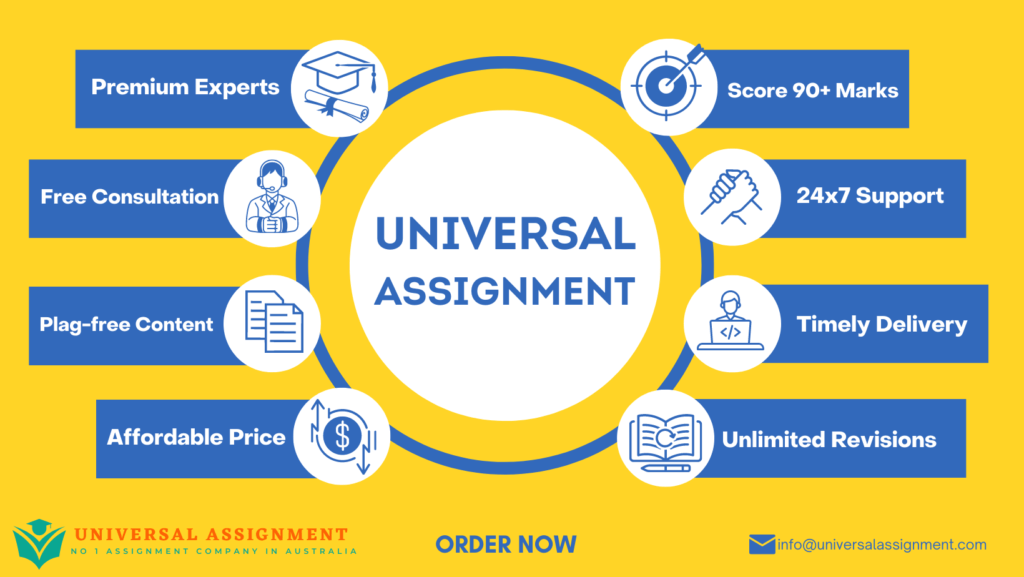
| Assessment Brief | |
| Program | Bachelor of Applied Social Science |
| Subject | Managing the Needs of Diverse Client Groups |
| Subject code | WEL201A |
| Name of assessment | Assessment 2: Report with References |
| Length | 1500 words |
| Learning outcomes addressed by this assessment: | A, B, D |
| Submission Date: | End of week 6, Sunday 11.55 pm |
| Assessment brief Summary: | In this assignment students are required to submit a fully referenced report analysing the application of culturally competent practice in relation to particular theories of cultural diversity. |
| Total marks | 30 |
| Weighting | 30% |
| Students are advised that any submissions past the due date incur a 10% penalty per day, calculated from the total mark e.g. a task marked out of 40 will incur a 4 mark penalty per day. Furthermore, students must attempt all tasks in the unit to be eligible to pass the unit. More information can be found in Think Education Assessment Policy document on the Think Education website | |
BASS –WEL201A, Assessment Brief 2 Page 1
Assessment Description: Report with References
White privilege, discrimination, prejudice and racism, and intersectionality are concepts and theories that relate to the concept of cultural diversity. Describe how at least two of these concepts and theories are instrumental in enabling counsellors / other helping practitioners to work with people from diverse groups. Research the web site of one organization which works with cultural diversity. Use the information on the website to analyse how the organization enables cultural competence, and how they address white privilege, discrimination, prejudice and racism, or intersectionality.
The report should include:
- a critical analysis of the two concepts and/or theories.
- a thorough examination as to how these theories support practitioners in their work with people from diverse groups
- an analysis of how these theories and culturally competent practices are applied in one organisation
- a demonstration of an understanding of the important skills & knowledge required for working with people from diverse groups
- a fully referenced report which uses evidence to support the analysis.
Marking Criteria:
| Max. in category | Your points | |
| Focuses on the topic providing critical analysis of two concepts and/or theories of cultural diversity | 10 | |
| Demonstrated awareness of the skills and knowledge underlying the provision of culturally competent services in practice, with analysis of cultural competence in a specific organisation | 10 | |
| Research and analysis demonstrates understanding and critical engagement with cultural diversity theory and/or concepts, and their application in practice | 20 | |
| Analysis based on appropriate evidence and fully referenced report | 10 | |
| Total marks: | 50 | |
| Comments: | ||
What we want to see:
The work must be fully referenced with in-text citations and a reference list at the end. We recommend you work with your Academic Writing Guide to ensure that you reference correctly. You will find a link to this document on the main page of every unit, under the ‘Assessments’ section. Correct academic writing and referencing are essential tasks that you need to learn. We recommend a minimum of ten references.
Referencing: References are assessed for their quality. You should draw on quality academic sources, such as books, chapters from edited books, journals etc. Your textbook can be used as a reference, but not the Study Guide and lecture notes. We want to see evidence that you are capable of conducting your own research. Also, in order to help markers determine students’ understanding of the work they cite, all in-text references (not just direct quotes) must include the specific page number/s if shown in the original.
Researching: You can search for peer-reviewed journal articles, which you can find in the online journal databases and which can be accessed from the library homepage. Reputable news sites such as The Conversation (https://theconversation.com/au/health), online dictionaries and online encyclopedias are acceptable as a starting point to gain knowledge about a topic. Government departments, research institutes such as the National Health and Medical Research Council (NHMRC), international organisations such as the World Health Organisation (WHO) and local not for profit organisations such as the Cancer Council are also good resources.
Formatting: The assessment MUST be submitted electronically in Microsoft Word format. Other formats may not be readable by markers. Please be aware that any assessments submitted in other formats will be considered LATE and will lose marks until it is presented in Word.
What we don’t want to see:
Plagiarism: All sources of information need to properly be acknowledged. Please refer to the plagiarism website on blackboardi. By clicking the ‘Upload this file’ button you acknowledge that you have read, understood and can confirm that the work you are about to submit complies with the Flexible and Online plagiarism policy as shown in the JNI Student Handbook. Like other forms of cheating plagiarism is treated seriously. Plagiarising students will be referred to the Program Manager.
Word Count: Marks will be deducted for failure to adhere to the word count – as a general rule you may go over or under by 10% than the stated length.
Late Submissions: Students are advised that any submissions past the due date incur a 10% penalty per day, calculated from the total mark e.g. a task marked out of 30 will incur 3 marks penalty per day.
No submission: Students must attempt all tasks to be eligible to pass the unit.
More information can be found in Think Education Assessment Policy document on the Think Education website.

Get expert help for WEL201A Managing the Needs of Diverse Client Groups and many more. 24X7 help, plag free solution. Order online now!

